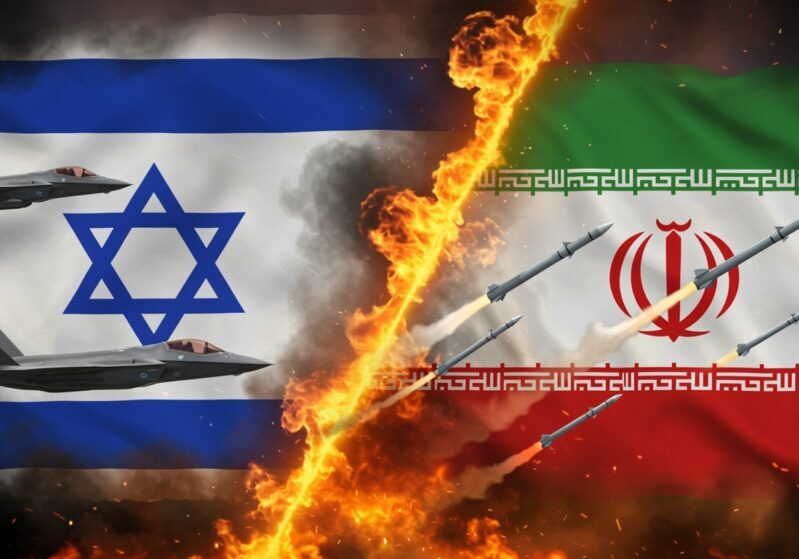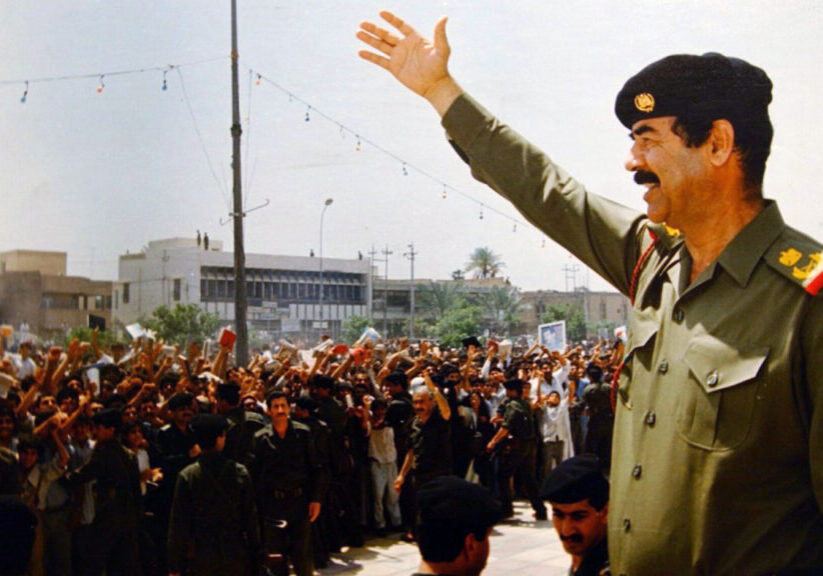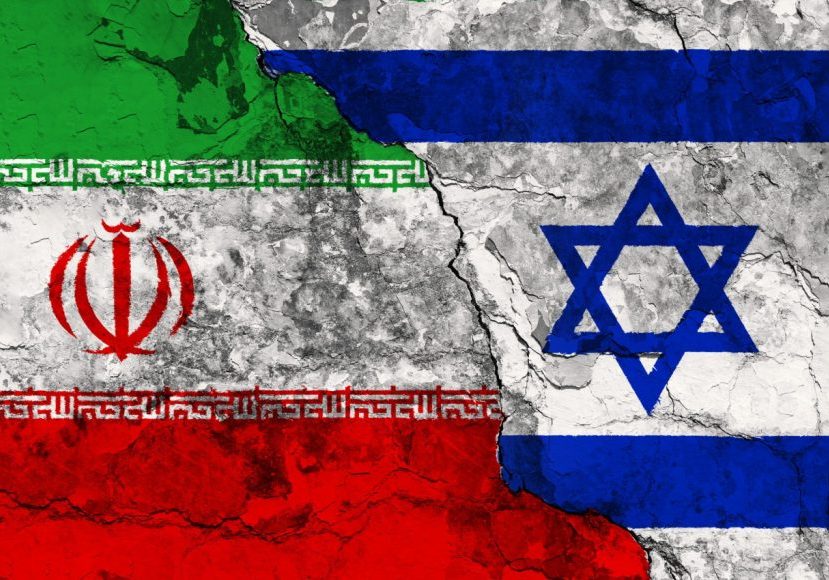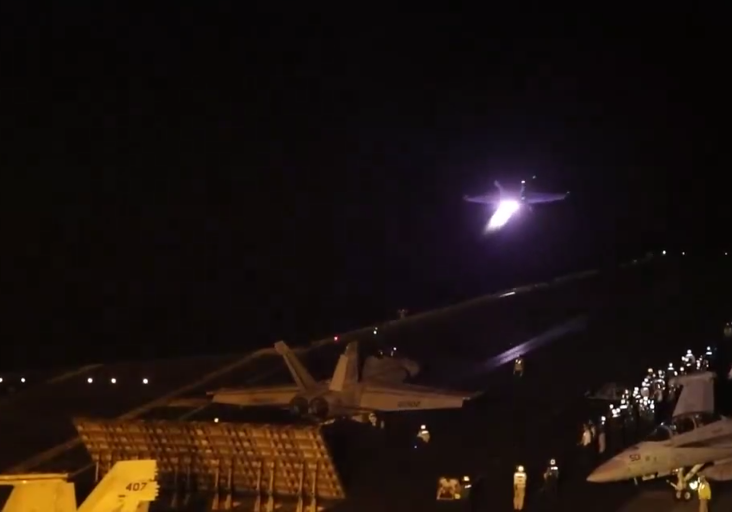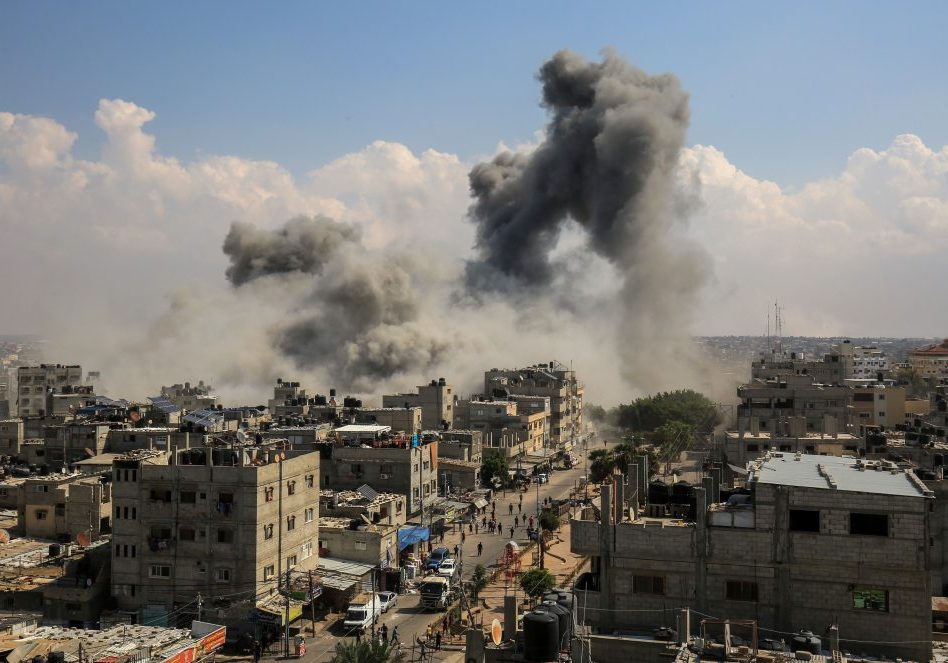Australia/Israel Review
Scribblings: Polling the Surge
Apr 24, 2008 | Tzvi Fleischer
Tzvi Fleischer
Polling the Surge
Has the surge in Iraq worked to improve the lives of Iraqis, giving them security and the chance of better lives? You hear a lot of different views on the subject, but if you look at the views of Iraqis themselves, the answer is very clear.
According to a poll of Iraqis conducted by the BBC and American ABC on the fifth anniversary of the war, but little reported in Australia, 55% of Iraqis polled said their own lives are going well, up dramatically from last August, when only 39% said this. Moreover, 62% of Iraqis now say that the security situation in their own local neighbourhood is good, up 19% from last August. And only 25% say security is the main problem in their lives, which is half the number from last year.
Economically, 57% of Iraqis now rate the financial situation of their households positively, up 20% since August, and 67% of Iraqis say consumer goods availability in their area is positive, up 26% since August. Iraqis also report their family incomes to have increased 26% since August.
These numbers of course conceal an uneven and complex picture. There are still serious complaints about lack of electricity, fuel, clean water, medical care and sufficient jobs. Only 43% of Baghdadis rate local security positively (though this is up from 0% in August). Further, only 45% of Iraqis say it is now a good time for refugees to return to Iraq, though this is up 20% since August.
Moreover, the data shows clear sectarian differences. For instance, 73% of Kurds and 62% of the Shi’ites say their lives are going well, compared to only 33% of Sunnis.
So progess is, as US Commander in Iraq Gen. David Petraeus recently told the US Congress, “significant but uneven.” But it also appears undeniable.
Voices of Reason
As I have pointed out previously, nowhere in the Arab Middle East is there a truly free press in the Western sense. However, it is true that there is increasing diversity of views in the Arab media, both because of the political divides in the region and technological developments. And while there is still plenty of chauvinism, conspiracy theories, hatred, distortion and outright untruths, some Arab journalists and commentators actually get what has been happening between Israel and Hamas in recent weeks, and have been able to write about it.
To give a few examples, in the leading London-based pan-Arab daily al-Hayat, Hazem Saghaya, a Lebanese journalist and commentator, attacked Hamas for exploiting and sacrificing children for its own purposes:
Palestinian blood is spilled in Gaza at a cheap price… If we are sorry for the civilian and child sacrifices, we should be even angrier at Hamas for using children, just as Khomeini did during the war against Iraq, when he armed children with hand grenades and sent them to their deaths. Those who exploit this blood in order to shout ‘Where are the Arabs?’ are either lying to themselves, or lying to us as a way of promoting the plans of Iran and Damascus (al-Hayat, March 4, 2008).
Then there was Dr. Ahmad al-Baghdadi, who wrote in a Kuwaiti daily that Hamas bears sole responsibility for the Palestinians’ plight in Gaza:
Dozens of Palestinians have been killed in the Israeli attacks, triggered by the launching of a few Hamas rockets that [did no more than] wound one or two Israelis. [This prompts us] to ask: Is there anyone rational in this insane movement called Hamas… The truth that the Palestinians refuse to see… is that their daily suffering – the deaths and wounding, the unemployment, and the power outages – are mostly [the result of] the arrogance of Haniyeh and his movement… Hamas bears sole responsibility for the death of Palestinians [which is occurring] on a daily basis…In light of their insane insistence on launching improvised rockets [into Israel], they bear sole responsibility for the destruction of Gaza…” (al-Siyassa, March 1, 2008; translation by MEMRI).
Perhaps most surprising was Kuwaiti journalist Abdallah Alhadlaq who wrote an article entitled “The Right of Self-Defence,” stating:
After the escalation on the border with the Gaza Strip, where the terrorist (sic) Hamas rules, and from which they fired rockets and bombs on the town of Sderot and other towns for the purpose of killing innocent civilians, women, children and old people… Israel had no choice but to attack the terrorist organization Hamas in order to prevent it from firing rockets indiscriminately as far as Ashkelon. Israel has the right to pursue the terrorist Hamas leaders and, in so doing, upholds its right to defend itself (Al-Watan website, March 6, 2008).
Alhadlaq went on to urge the international community “not to criticise Israel if it continues its fight against Persian terror committed by the terrorist Hamas as long as the latter, incited by Iran, continues launching rockets from the Gaza Strip at the Israeli residents of Sderot, Ashkelon and other towns.”
Such voices are of course a tiny minority in a media landscape which largely portrays Israeli military and economic actions as bloodthirsty, unprovoked and motivated simply by a desire to kill Palestinians, and Hamas’ violence as a laudable form of “self-defence”. But it is also helpful to remember that these sensible voices are out there and may someday come to the fore.
Tags: Iraq

